
SecurityXploded releases Browser Password Remover
Utilities developer SecurityXploded has released Browser Password Remover, a free tool for managing stored passwords across a range of browsers (Firefox, Internet Explorer [v7.x -- v10.x], Google Chrome, Google Chrome Canary/SXS, CoolNovo, Opera, Comodo Dragon, SeaMonkey, SRWare Iron, Flock).
The program can be used as a simple password viewer. Launch it, click Show Passwords, and you’ll see all stored credentials for every supported browser.

CosmicDuke malware mashup steals login data to take over networks
Security company F-Secure has uncovered a new malware attack that blends together elements of two earlier threats in an attempt to compromise enterprise networks.
CosmicDuke includes elements from the MiniDuke advanced persistent threat (APT) Trojan combined with the info-stealing Cosmu family. MiniDuke first appeared last year and was used in attacks against NATO and some European government agencies.
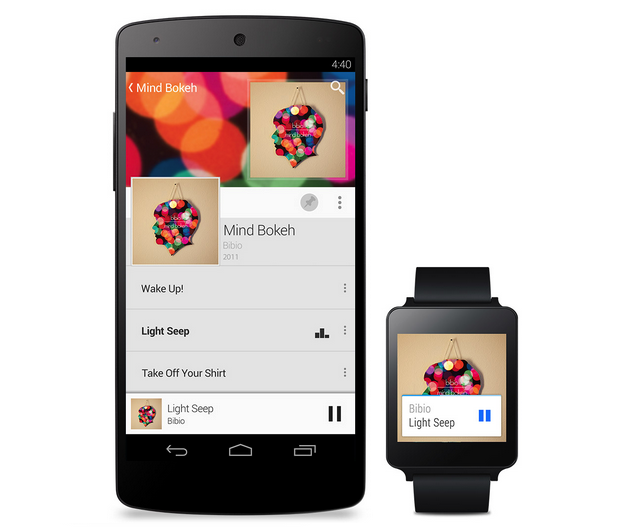
Google launches Android Wear companion app
Last month, at its yearly I/O developer conference, Google introduced Android Wear, a version of the popular open-source operating system designed for wearables, like the LG G Watch and Samsung Gear Live smartwatches. Connecting such devices to Android handsets is, as usual, a companion app, that Google just launched.
The app, called Android Wear, gives users the ability to manage their wearables, allowing them to adjust the preferences for voice commands (which play a key role in the Android Wear user experience), tweak notification settings (which, again, is an important feature for the platform), and of course configure the devices from the comfort of their Android handsets.

HTC One (M8) comes in Dual SIM flavor
Consumers looking for a dual-SIM smartphone have many low-end and mid-range options to choose from, offered by dozens of manufacturers in a wide range of configurations. The high-end selection is, however, much more limited, as fewer players compete in this space where, arguably, the value benefit of dual SIMs does not go hand in hand with the premium pricing of such devices.
HTC is among the few top players in the business to launch dual-SIM versions of its Android flagships. The Taiwanese maker did so last year with One Dual SIM and, this year, it gives its critically acclaimed One (M8) the same treatment.

Steve Wozniak disposes of 'worthless' Samsung Galaxy Gear smartwatch on eBay
Samsung’s Galaxy Gear has been handed a rotten assessment by Apple’s gadget-loving co-founder Steve Wozniak.
The man who started up the technology behemoth with Steve Jobs complained that the smartwatch doesn’t offer the convenience he was hoping and within half a day it was up on eBay ready to be sold at a bargain price.

Bitcoin quietly goes legit
The US Marshals Service doesn’t normally make economic policy but this week they apparently did so by auctioning 30,000 Bitcoins, a crypto currency I have written about before. This auction effectively legitimizes Bitcoins as part of the world economy. Am I the only one to notice this?
My first column on this subject was a cautionary tale pointing out the two great areas of vulnerability for Bitcoin: 1) the US Government might declare Bitcoins illegal, and; 2) someone might gain control of a majority of Bitcoins in which case their value could be manipulated. While number two is still theoretically possible it becomes less likely every day. And number one seems to have been put to rest by the U.S. Marshals.
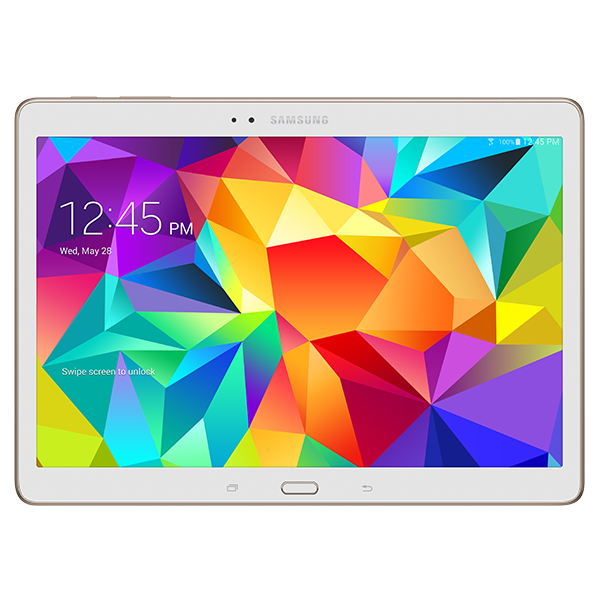
Samsung unveils new Galaxy Tab S commercial
The latest tablet from Samsung, the Galaxy Tab S, recently launched, and received considerable attention, as with many products the company does. Samsung also launched an advertising campaign to go along with its latest offering.
"The third installment in Samsung’s new tablet commercial series puts the Galaxy Tab S’s industry-leading display to the test, showing side-by-side comparisons of a wide range of images on the device’s Super AMOLED screen next to traditional LCD screens. These bring the extraordinary Super AMOLED technology to life, resulting in more immersive and breathtaking visual experience", the hardware maker claims.

Microsoft acquires SyntaxTree -- increases focus on gaming
As much we like to believe that computers are helping the world to connect, and enabling people to learn, let's be honest -- people just want to game. We all convinced our parents at a young age that we needed a PC to write papers and access things like Encarta encyclopedia, but our true desire was Wolfenstein 3D.
It's not just computer users that want to get in on the gaming -- companies want to do it too. A good example is Microsoft. Sure, the company creates some amazing productivity software like Word, Excel and Access, but it also makes the Xbox. In other words, the company likes to work hard and play hard. Today, the company acquires SyntaxTree, which shows a commitment to gaming.

The three hour startup -- From idea to revenue in 180 minutes
At 5pm on Thursday 12th June 2014, I launched tinderus.com -- a $50 Tinder Profile Consultancy Service.
I came up with the idea in London at 3pm that exact day and within two hours I had tinderus.com up and running. I chucked it on ProductHunt and within minutes received a wave of traffic, two $50 bookings and a whole host of comments, including a nice little comment from Tinder Co-Founder Jonathan Badeen.

Cloud sprawl: What is it, and how can you beat it?
Today's workplace plays host to employees using a variety of cloud services side-by-side with corporate-sanctioned IT. This often results in incongruent information sourcing and storage, typically known as cloud sprawl. Whilst software as a service (SaaS) can boost smarter working and innovation in businesses, information disparity issues need to be addressed to sustain efficient working environments.
As businesses adoption and management of cloud services matures, some are still suffering organizational inefficiencies due to cloud sprawl. At the moment, different software is being selected for different solutions by different departments or even individual members of staff; there is a knowledge gap where businesses aren't fully informed about how cloud technology can respond to business challenges in a different way to on-premise solutions, and so the potential for better information management is not being realized.
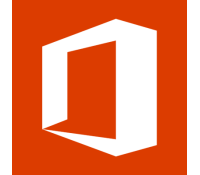
Microsoft brings better document collaboration to Office 365
With the introduction of Office 2013, Microsoft brought software as a service to the table -- something some analysts had long expected would happen. Under the moniker of Office 365, the company introduced a subscription model that allows for a monthly or annual fee and grants five licences to each person or family.
Today the software and services company rolls out an improvement to this offering, adding what it calls better document collaboration. The feature was actually announced earlier this year at the Exchange Developer Conference, but only now do we see the final product. Microsoft hopes this will eliminate the need to share documents via emails in an effort to work with other people on the files.
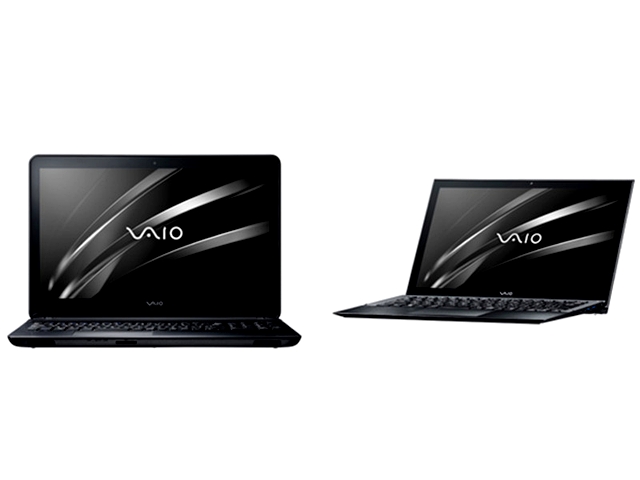
Vaio launches its first laptops without Sony
Sony agreed to sell Vaio earlier this year, but the latter has wasted no time in getting back into the laptop market.
Vaio has said it will continue to be a "small" PC maker after the sale and will have to alter its output accordingly, but the first two laptops that have been revealed look very similar to the Pro and Fit ranges that were launched 12 months ago under the Sony brand.

Radical.FM launches 25 million ad-free songs on Android
Is there room for one more music app in the market? Radical.FM is hoping so, and it has big plans to become your service of choice, competing with the big names like Spotify and Rdio. Today the company is planning an ambitious app launch for the Android platform.
"The app is free, commercial-free, and available for immediate download in the Google Play Store", the company states. This is the first foray into the Google mobile platform, but the service was already available for iOS.

Almost 1 in 5 websites now blocked by censorship filters in the UK
Browse the web in the UK, and sooner or later there’s a good chance you’ll stumble across a website that’s been blocked. Sites like The Pirate Bay, Fenopy and H33t are no longer viewable due to court orders preventing access, and other sites -- many perfectly legitimate -- are being blocked by censorship filters.
It’s not exactly like living in China, but according to a new project by the Open Rights Group, ISPs are currently blocking 19 percent of tested websites.
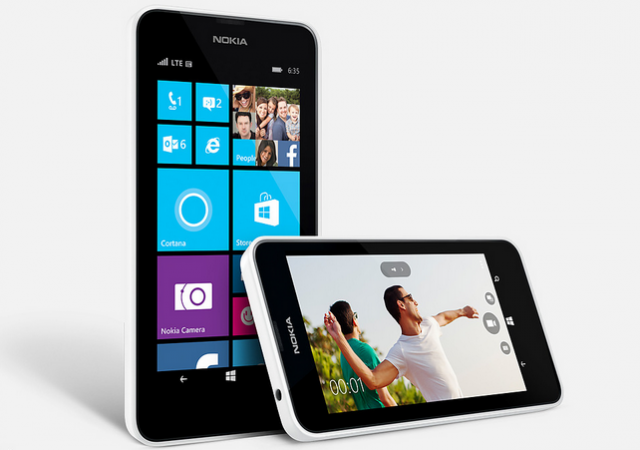
Nokia Lumia 635 comes to T-Mobile
Now is a great time to be looking for a new Windows Phone 8.1 smartphone. The entry-level Nokia Lumia 630 is already available, while the Lumia 930 flagship will launch shortly, as will the more affordable Lumia 635. For those living in US, however, their options are far more limited.
The only Windows Phone 8.1 smartphone that is set to launch in US is Lumia 635. It will reach mobile operator T-Mobile, as well as its MetroPCS subsidiary, in just a couple of days. For Simple Choice customers, it goes for $7 per month for two years (the total cost is $168, when taking into account the $0 down payment).



